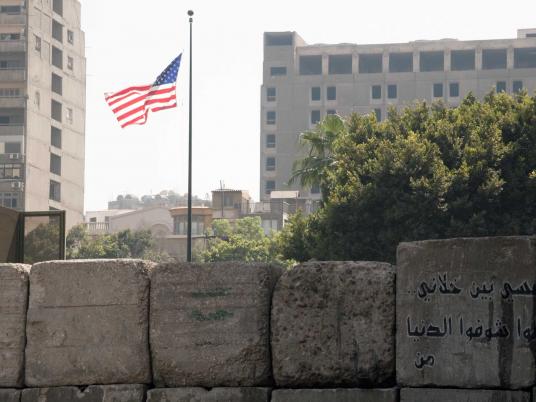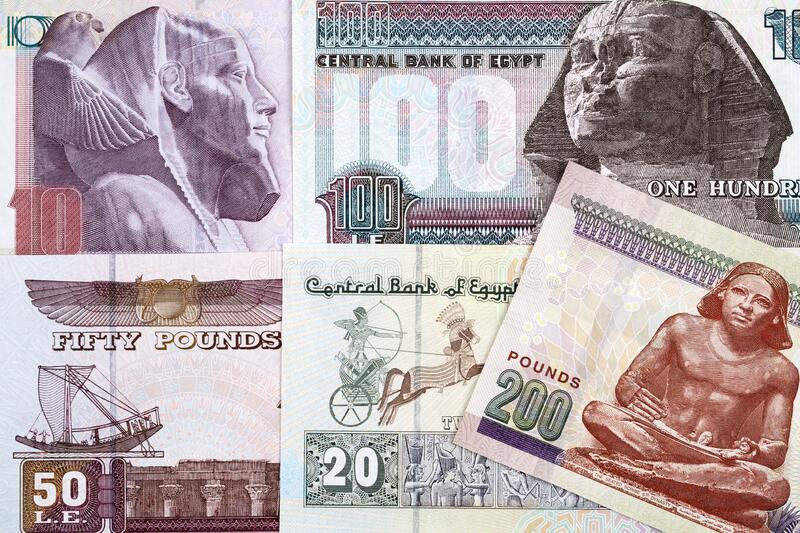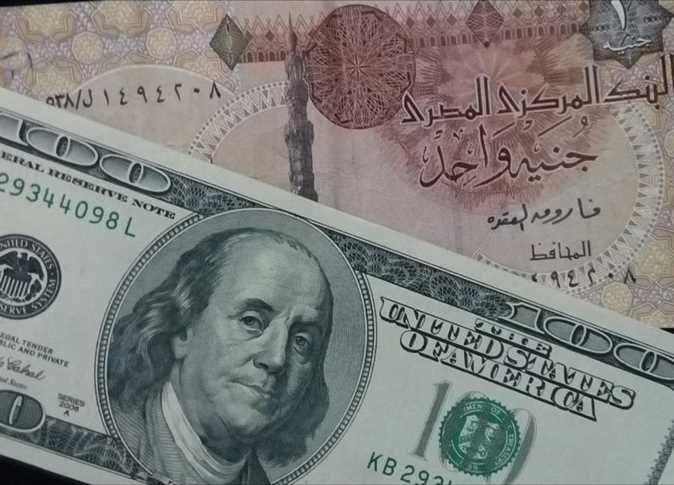
The US embassy in Egypt warned its citizens in Cairo against protests in Egypt over currency devaluation, calling on them to stay out of possible demonstration areas.
In an alert posted on its website on Friday, the embassy cited posts on social media currently calling for protests in Cairo as Egypt has experienced a significant currency devaluation that has “impacted its economy and population.”
The embassy said that there is potential for increased law enforcement and security presence in Egypt in response to threat of protests.
“The Embassy does not have any information on the specific location of any protests. Tahrir Square in downtown Cairo has been the site of many protests in the past,” the alert said.
It called on US citizens to monitor local media for updates, avoid demonstrations and crowds, keep a low profile, remain aware of their surroundings and call the embassy for assistance at +20-2797-3300.
Controversial reforms
The Central Bank of Egypt (CBE) issued a statement, on Thursday morning, announcing reform measures to ensure macroeconomic stability and achieve sustainable and comprehensive economic growth, floating the Egyptian pound.
Egypt first devalued its currency by 48 percent in 2016, allowing it to float freely in order to meet a key demand by the International Monetary Fund to secure a three-year US$12 billion loan.
The CBE announced the devaluation of the Egyptian pound for the second time in March by nearly 17 percent.
In response, Egyptian businessman Mohamed Ali called for protests on November 11.
However the head of the Justice Party in Egypt Abdel Moneim Imamin Egypt said that calls for demonstrations on 11/11 do not deserve any attention.
He said that this does not represent the Egyptian people, nor does it represent any of the political or partisan movements.
Journalist and TV host Ahmed Moussa presented an audio recording during his “On My Responsibility” program, broadcast on Sada al-Balad channel, attributed to fugitive Muslim Brotherhood member Taher al-Sharqawy, where he incites citizens to attack police stations and military facilities on November 11.
He also presented another recording, in which Sharqawy expressed support for the Muslim Brotherhood’s scheme to form “revolutionary guards” in Egypt.
Another audio leak was attributed to fugitives Mahmoud Wahba and Alaa al-Dhahiry, which Moussa aired on his program, which discussed sabotage schemes on November 11.




